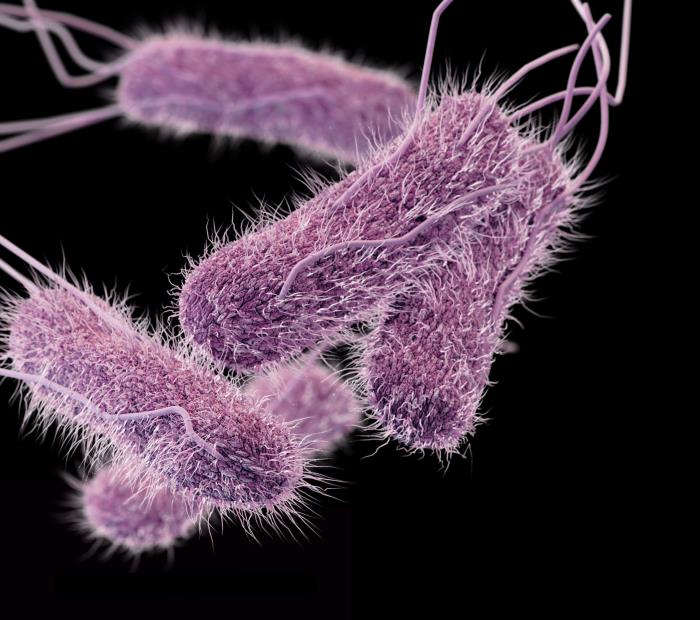Five students from Sangmyung University’s Cheonan Campus in South Chungcheong Province contracted typhoid while in India last month, according to the Korean Centers for Disease Control.

Two dozen students and teachers visited among other places, the city of New Delhi, as part of the school’s overseas education program in late July.
Five students were diagnosed with typhoid upon return home to South Korea. As of Friday, four of the students were still hospitalized, according to a Korea Times report.
About one quarter of the 200+ Koreans that contracted typhoid during the past five years traveled to India.
Typhoid fever, caused by the bacterium Salmonella typhi, is a life-threatening bacterial infection. Typhoid fever is still common in the developing world, where it affects about 21 million people annually.
See New York from the water and enjoy up to 46% off cruises!
Salmonella typhi lives only in humans. Persons with typhoid fever carry the bacteria in their bloodstream and intestinal tract. In addition, a small number of persons, called carriers, recover fromtyphoid fever but continue to carry the bacteria. Both ill persons and carriers shed S.typhi in their feces.
You can get typhoid fever if you eat foodor drink beverages that have been handled by a person who is shedding S. typhi or if sewage contaminated with S. typhi bacteria gets into the water you use for drinking or washing food. Therefore, typhoid fever is more common in areas of the world where handwashing is less frequent and water is likely to be contaminated with sewage.
Typhoid fever can be successfully treated with appropriate antibiotics, and persons given antibiotics usually begin to feel better within 2 to 3 days.
Related:
- Travel health and medicine issues
- Malaria prompts travel notice for Praia, Cape Verde
- Yemen’s Saudi-led coalition is responsible for the ‘worst cholera outbreak in the world’
- Nigeria: ‘Strange illness’ reported in Kogi State, Lassa ruled out
- South Sudan: Oral Cholera Vaccination campaign concludes, Malaria deaths top 4,000
- Florida reports 2nd Vibriosis death of 2017 in Brevard County
- Dengue updates for Vietnam and Sri Lanka


